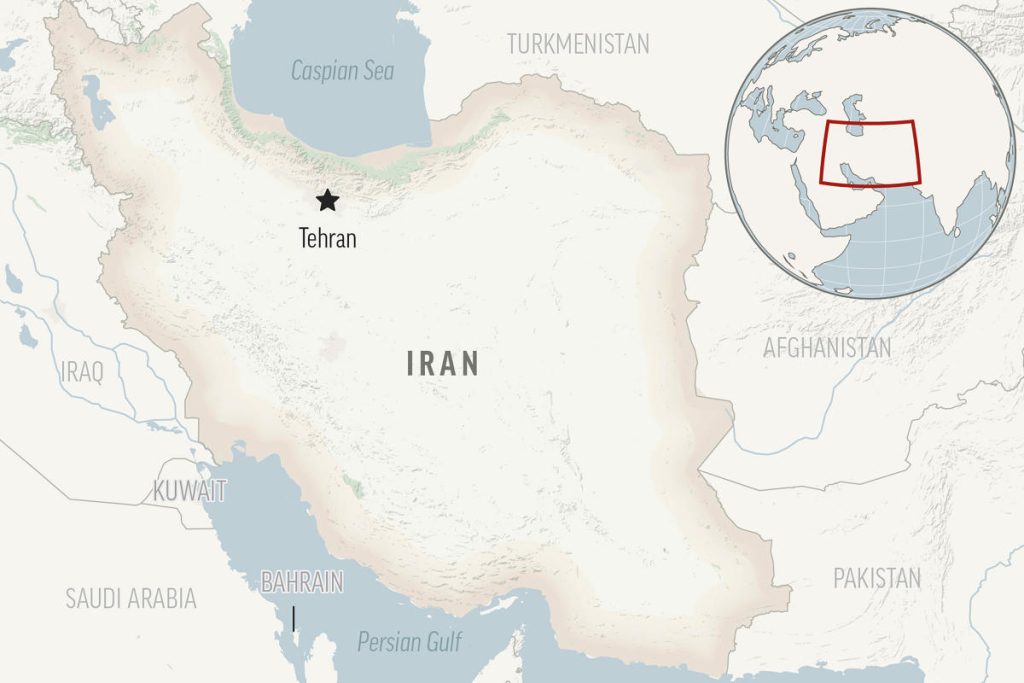Iran fired air defense batteries near a major air base in Isfahan amid fears of a possible Israeli strike following Tehran’s recent drone-and-missile assault on the country. It was unclear if Iran was under attack, with no official acknowledgment of the possibility. Tensions have been high since the assault on Israel and its strikes in Syria. Iranian government officials suggested that drones may have targeted sites, leading to air defense batteries firing across several provinces, including at the air base in Isfahan.
The Isfahan air base is home to Iran’s fleet of American-made F-14 Tomcats and is associated with the country’s nuclear program, including the Natanz enrichment site targeted in the past by suspected Israeli sabotage attacks. However, state television reassured that all sites in the area were “fully safe,” despite the sound of blasts reported in the region. The Dubai-based carriers Emirates and FlyDubai diverted flights around western Iran, while Iran grounded commercial flights in Tehran and other areas in response to the incident.
Hossein Dalirian, a spokesman for Iran’s civilian space program, mentioned on social media that several small “quadcopter” drones had been shot down, although it was unclear if this was connected to the ongoing incident. In Iraq, residents of Baghdad reported hearing explosions, but the source of the noise was not immediately clear, raising concerns about regional instability due to heightened tensions between Iran and Israel. This incident comes amid ongoing conflicts in the region, including Israel’s war on Hamas in Gaza and Iran’s involvement in Syria.
The situation in Iran underscores the complex geopolitical dynamics in the Middle East, where countries like Israel and Iran are engaged in a shadow conflict, with each side taking actions that have the potential to escalate into a wider confrontation. The use of drones and missiles in recent attacks has added a new dimension to the conflict, with both sides employing asymmetrical warfare tactics to achieve their objectives. The involvement of commercial airlines and the grounding of flights highlight the impact of regional tensions on civilian air travel and the broader implications of military actions.
The incident near Isfahan also raises concerns about the security of Iran’s military installations and nuclear facilities, particularly in light of past attacks and sabotage efforts. The international community will be closely monitoring the situation to prevent any further escalation that could destabilize the region and have a broader impact on global security. The role of Iranian-backed militias in Iraq adds another layer of complexity to the situation, with the potential for spillover effects into neighboring countries and further exacerbation of regional tensions.
As the situation continues to evolve, it is essential for all parties involved to exercise restraint and engage in diplomatic efforts to prevent a further escalation of hostilities. Regional stability and security depend on constructive dialogue and de-escalation measures to avoid the risk of a broader conflict. International observers will be closely watching developments in the region and working to promote peaceful solutions to the underlying issues driving the current tensions. The incident near Isfahan serves as a reminder of the fragility of the regional security landscape and the urgent need for coordinated efforts to prevent any further deterioration of the situation.


